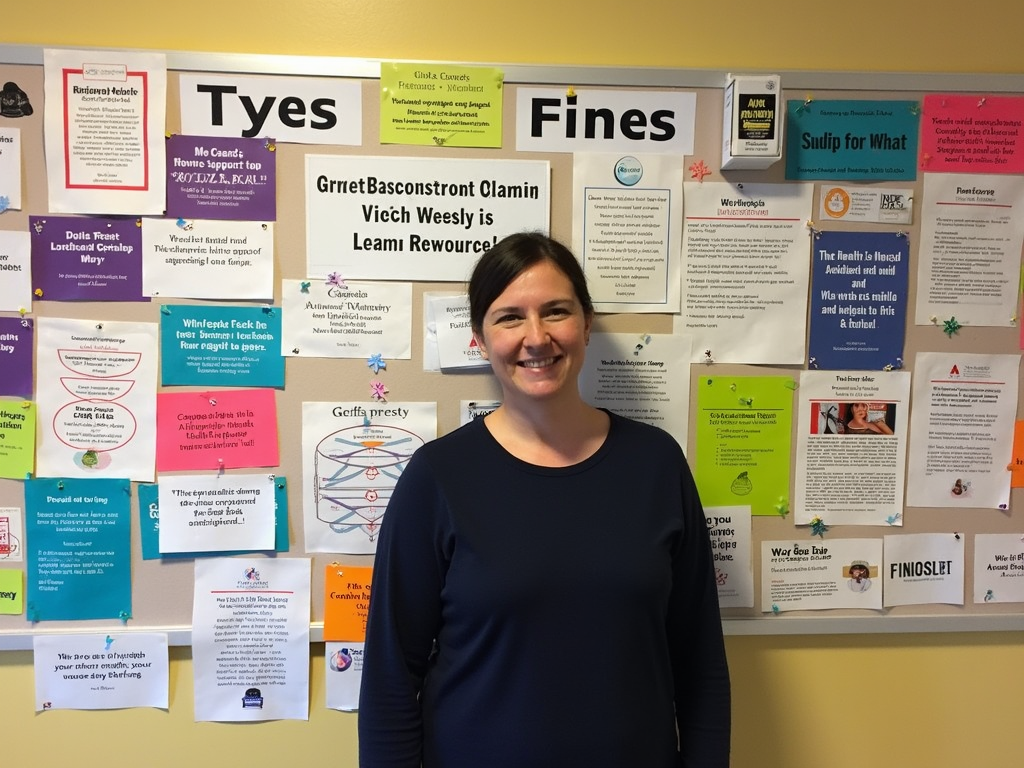Community support is a vital component of mental health care, offering individuals a sense of belonging, understanding, and access to essential resources. This article delves into the multifaceted role of community support in enhancing mental well-being, the challenges that hinder access to such support, and the critical importance of ensuring equitable access to mental health care services for all community members.

Understanding Community Support
Community support in the context of mental health encompasses a wide range of resources and networks that help individuals manage their mental well-being. This includes formal support groups, community centers, online forums, and informal networks of friends and family. These support systems provide a safe space for individuals to share their experiences, receive empathy, and access practical assistance. The importance of community support cannot be overstated, as it fosters a sense of belonging and reduces the isolation often associated with mental health challenges.
Benefits of Community Support
The positive impact of community support on mental health is well-documented. According to a study from Harvard University, individuals who engage with community support networks report lower levels of stress and higher overall life satisfaction (Harvard Study on Community Support). Community support offers several key benefits:
- Emotional Support: Connecting with others who understand one's struggles can significantly reduce feelings of loneliness and despair.
- Practical Assistance: Community networks often provide information about mental health services, coping strategies, and resources for daily living.
- Empowerment: Being part of a community can empower individuals to advocate for their needs and seek better mental health care.
These benefits highlight why community support is an indispensable part of mental health care.

Challenges and Barriers
Despite its importance, accessing community support can be fraught with challenges. Stigma surrounding mental health issues often prevents individuals from seeking help, while a lack of awareness about available resources can leave many without the support they need. Additionally, geographical and financial constraints can limit access to community centers or support groups, particularly in underserved areas. A report from the World Health Organization underscores these barriers, noting that disparities in mental health care access are a global concern (WHO Report on Mental Health Care Access).
Role of Access to Care
Access to mental health care services is a cornerstone of effective community support. Community organizations play a pivotal role in facilitating this access by providing information, referrals, and sometimes direct services. For instance, community health workers can help individuals navigate the often complex mental health care system, ensuring they receive the care they need. By improving access to care, communities can significantly enhance mental health outcomes for their members.

Health Equity and Community Health
Ensuring health equity in mental health care means that all individuals, regardless of their background or circumstances, have equal access to the support and resources they need. Community health initiatives are crucial in this regard, as they can address social determinants of health—such as poverty, education, and housing—that impact mental well-being. The National Institute of Mental Health emphasizes the importance of community-based approaches in promoting health equity (NIMH on Health Equity).
Personal Insights
Reflecting on personal experiences can illuminate the profound impact of community support. I recall a friend who, grappling with severe anxiety, felt daunted by the prospect of seeking professional help. Through a local support group, they not only found emotional solace but also received practical guidance on accessing mental health services. This experience underscored for me the indispensable role of community in fostering mental health resilience.
Summary
In summary, community support is a linchpin of mental health care, offering emotional, practical, and informational support to those in need. However, realizing its full potential requires addressing barriers to access and championing health equity. By bolstering community networks and ensuring that all individuals have access to the resources they need, we can cultivate a more supportive and mentally healthy society.
Discuss Here